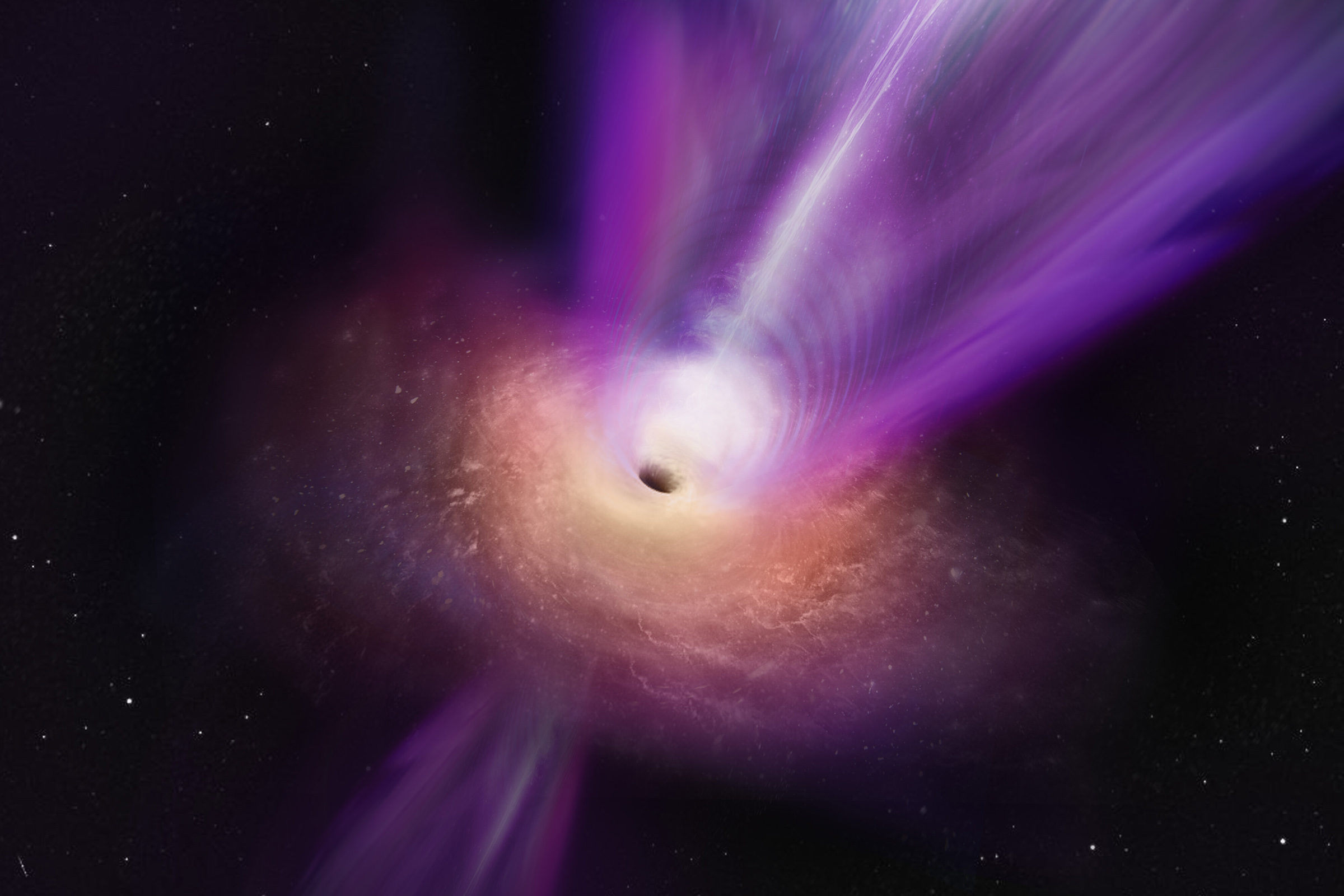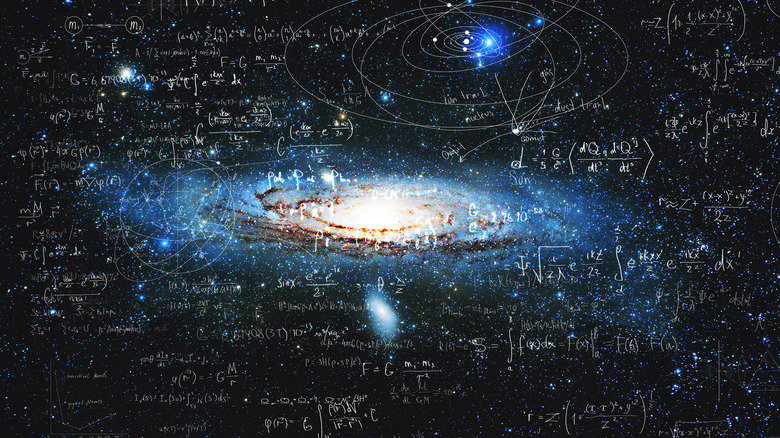Physicists Claim To Have Found The First True Evidence Supporting String Theory
A new theoretical study suggests that the mysterious force driving the accelerated expansion of the universe—known as dark energy—may actually be rooted in a deeply quantum structure of space-time. This new preprint study could finally provide us with long-sought-after evidence of string theory.
Since its surprise discovery in the late 1990s, dark energy has baffled researchers. Originally thought to be a constant vacuum energy spread throughout space, newer observations from the Dark Energy Spectroscopic Instrument (DESI) revealed that this acceleration may be slowing over time—a result the Standard Model of particle physics can't explain.
That mystery led a team of physicists to explore a more radical solution: maybe dark energy isn't just something filling space. Maybe it's baked into the very nature of space and time itself. The team applied string theory to describe space-time not as a smooth continuum but as a quantum structure where the order of coordinates matters.
The implications here are shocking, to say the least. When modeled this way, space-time naturally gives rise to cosmic acceleration, and what could be crucial evidence of string theory is the data that suggests the acceleration decreases over time, just as DESI data shows.
If validated, this would represent the first tangible evidence of string theory ever observed. The theory has long been criticized for being mathematically elegant but experimentally unprovable. However, the research now connects the universe's expansion rate to two extreme ends of the size spectrum: the minuscule Planck length and the vast scale of the cosmos.
That kind of bridge between the quantum and the cosmic is rare and potentially revolutionary for explaining our universe at its most basic levels. The findings also suggest that the core properties of the universe may not be constant after all, hinting at a deeper connection between gravity and quantum mechanics.

If this holds true, it would mark a fundamental shift in how we understand space-time itself and how dark energy works, not to mention offering something the field has long lacked: observational evidence of string theory.
The researchers aren't stopping here, though. They've proposed tabletop experiments to detect novel quantum interference patterns, which could provide another line of evidence. These tests could arrive within just a few years, and they offer an exciting chance to turn theoretical physics into something truly tangible.
